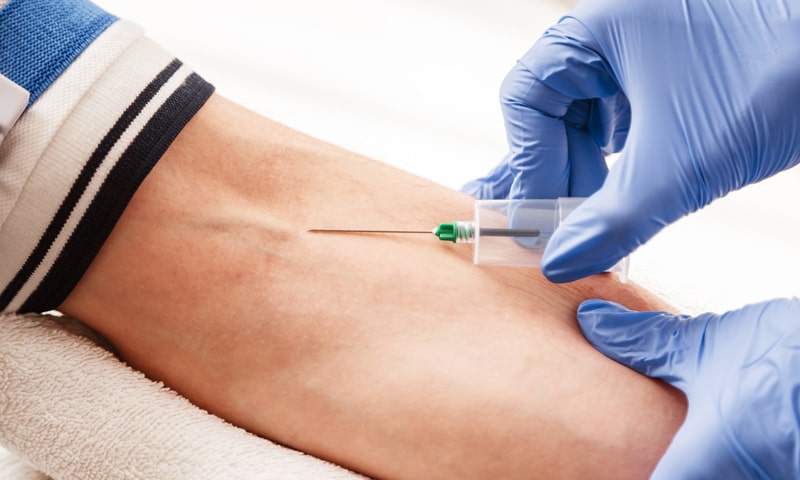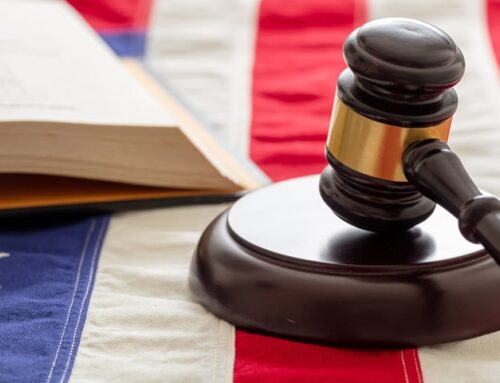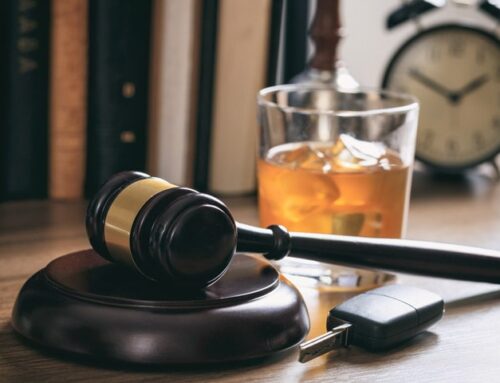No per se exception to the warrant requirement for a blood draw—what is required before a blood draw is allowed? Under the U.S. Constitution, people have the right to be free from unreasonable searches and seizures by the government. This essential right means that under normal circumstances, the police may not conduct a search without first obtaining a warrant. However, throughout the years, the U.S. Supreme Court has created numerous exceptions to this warrant requirement. One well-known exception that is often used to justify searches is known as the “exigent circumstances” exception, which creates a per se exception. Exigent circumstances are considered “emergency situations or conditions which the law recognizes as excusing compliance with some procedural requirement, or recognition of another’s property or other interests.” (See Black’s Law Diction on Exigent Circumstances).
In DUI cases, many government officials have attempted to argue that a blood test should be considered an “exigent circumstance” that does not require a warrant since alcohol levels in the blood begin to dissipate within hours. The argument goes that if an officer is forced to get a warrant every time they want to do a blood test for a DUI case, by the time the officer is able to obtain the warrant, the alcohol levels in the blood will have dissipated at such a rapid rate that the blood test will not be an accurate representation of what the person’s BAC was at the time they were stopped by the police. Throughout the country, there was a split between many states as to whether or not this constituted a valid exception to the warrant requirement.
In the case of Missouri v. McNeely, the U.S. Supreme Court resolved this split by holding that the possible dissipation of alcohol levels in a defendant’s blood did not rise to the level of exigent circumstances sufficient to create a new per se exception to the warrant requirement. The Court held that while in some instances an exigent circumstance may exist sufficient to justify a warrantless blood draw, each case had to be decided on a case by case basis and therefore a per se rule allowing for a warrantless blood draw in all DUI cases was unreasonable.





Leave A Comment